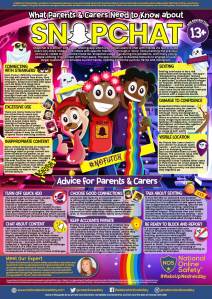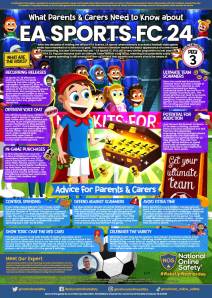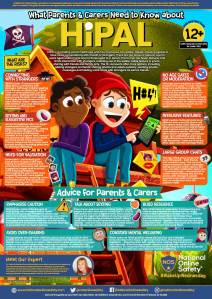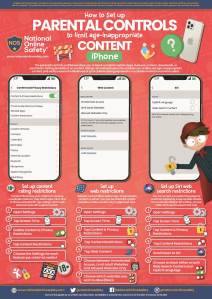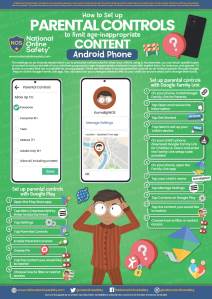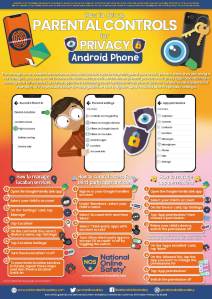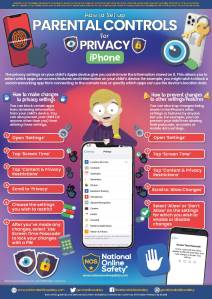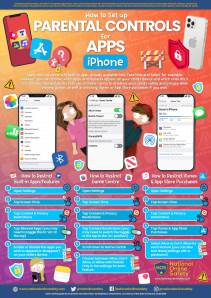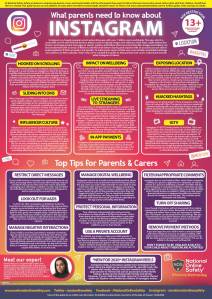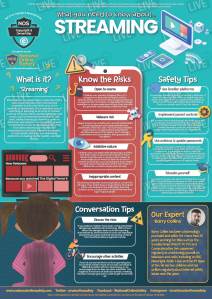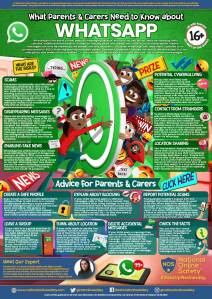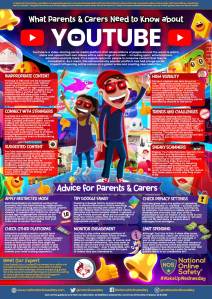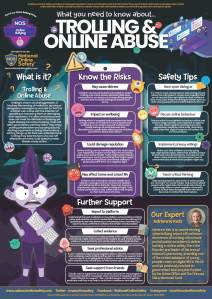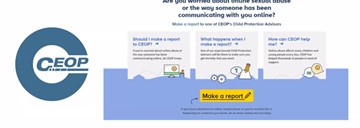Digital Safety
At The Barlow we recognise that digital devices are at the very centre of all our lives today – especially our children’s. Learning how to use technology safely and wisely is an essential skill for life long learning in the 21st century.
Young people have daily access to the internet at their fingertips via a range of devices, which offers them a wealth of educational and social experiences, opening up a world of information and opportunities for them.
Alongside this, however, at a time when there is increased access to numerous different digital platforms, children are at a greater risk of online grooming, cyber bullying and exposure to inappropriate or illegal content online.
It is vital, therefore, that school staff and parents/carers work in partnership to safeguard children from harm online.
Just as you would protect your child in the real world, it is important to equip them with the skills and knowledge to stay safe digitally, making sure they understand the risks and can make sensible and informed choices. This will allow them to make the most of the internet, while staying safe, particularly from people who may try to exploit them.
In school
In Keeping Children Safe in Education 2023 there is an increased emphasis on schools to ensure that filtering and monitoring systems are robust and efficient to eliminate the risk of pupils accessing any inappropriate or harmful content online. All Barlow pupils sign an Acceptable User Policy for IT services at school, which is countersigned by school and parents / carers on a termly basis.
Pupils are educated to stay safe online via our comprehensive Personal Development offer comprising: PSHCE lessons, calendared Drop-Down Days and the KS3 Computing curriculum offer including the opportunity for all pupils to achieve the Digital Enterprise Award as part of a homework programme. All of this important work is underpinned and monitored in school by our robust Online Safety Policy.
UK Safer Internet Day is promoted annually via assemblies and activities in February of each year and support is available for pupils via Family Tutors and Family Time about the impact of cyber-bullying and what to do if they have been affected and to tell a trusted adult if something is worrying or upsetting them.
The school also has close links with Sheffield Hallam University and recently participated in a digital safety survey looking at young people’s experiences of online competitive gaming as part of a national research project with the university and the NSPCC.
At home
Parents/carers have a critical role to play in keeping children safe digitally. There are many ways parents/carers can help minimise the risks associated with children being online and increase parents/carers awareness of digital safety.
As a school we work in partnership with SMOOTHWALL, a digital safety and wellbeing solution. Kat Howard, Head of Education and Wellbeing, for SMOOTHWALL UK, offers our parents / carers Digital Safety Workshops on a termly basis, which have been designed to increase adult knowledge and understanding of digital platforms and potential risk factors. Please see dates, times and links to this academic year’s sessions below:
5th October 2023 at 6.00-7.00pm Webinar Registration-Zoom (the link will be distributed prior to the meeting)
7th March 2024 at 6.00-7.00pm Webinar Registration-Zoom (the link will be distributed prior to the meeting)
20th June 2024 at 6.00-7.00pm Webinar Registration-Zoom (the link will be distributed prior to the meeting)
The list below provides further support and ideas to help parents/carers keep children safe online:
Age Appropriate
Only give your child access to devices, websites, apps, games and social media sites that are age appropriate. Access the PEGI guidance (https://pegi.info/page/pegi-age-ratings) on age ratings to inform your choices when buying games for your child, or deciding whether the games they are playing are appropriate, by following the age-ratings assigned to each game. Read each game’s advice for parents and play the game yourself to help you understand what it involves.

Appropriate Content
Only give your child access to devices, websites, apps, games and social media sites that you feel comfortable with and not as a result of peer-pressure-below are informational posters to keep your child digitally safe:
Digital Safety
Communication:
Talk to your child about why it is important to stay safe online. Explain that whilst the internet is a fun, exciting and knowledge-rich tool, it is also a place where people may wish to bring them into dangerous activities or expose them to unpleasant material and they must therefore be vigilant to this.

Rules and Boundaries
Discuss with your child rules for being online and draw them up together, including which websites, games, apps, social media sites etc, are acceptable. If certain materials are off-limits, try to explain why, for example, because of excessive violence or bad language. If your child uses online gaming, consider setting rules, such as only talking to people you know and having the conversations on speaker, rather than through headphones, so you are able to monitor it openly.
Information Sharing
Talk to your child about what information should be kept private; for example, name(s), date of birth, address, contact details, school name etc, should never be given out to strangers online. Remind your child not to give out their passwords and ensure that they change it occasionally. Teach them to unclick the ‘remember me’ option on public computers such as at school and the library.
Supervision, Monitoring and Parental Controls
Ensure all devices used by your child are kept in a communal space, or a space where they can be supervised whilst using their devices.
You can check what your child has been accessing by looking at the history in your internet browser.
Set parental controls which are designed to help parents/carers manage their child’s online activities. However, do not rely on parental controls on devices over you offering support and advice to your child online, as they are not always 100% effective and some children know how to bypass them.
The use of ‘SafeSearch’ is highly recommended for use with children. Most web search engines will have a ‘SafeSearch’ function, which will allow you to limit the content your child is exposed to whilst online. Look out for the ‘Settings’ button on your web browser homepage (often shaped like a small cog).
For further information on setting up parental control see the following links:
https://www.thinkuknow.co.uk/parents/articles/Parental-controls/
https://www.internetmatters.org/parental-controls/
Reporting and Blocking
Make sure you and your child know how to report or ‘block’ unsuitable content, messages or people online.
Show your child how to block on the websites or games they frequently use and explain that they can always tell you, a teacher or another trusted adult if they experience anything which makes them feel uncomfortable.
If you are worried about online sexual abuse or the way someone has been communicating with a child on line a report should be made to the Child Exploitation and Online Protection (CEOP) team. CEOP is a command of the National Crime Agency and can investigate what is happening – with the assurance that the safety and wellbeing of children is paramount at all times.
To make a referral to CEOP click the image below:
Child Exploitation and Online Protection (CEOP)
Other Helpful Resources for Parents/Carers:
For more information and resources on ensuring your child’s safety online, you can visit the websites below:




